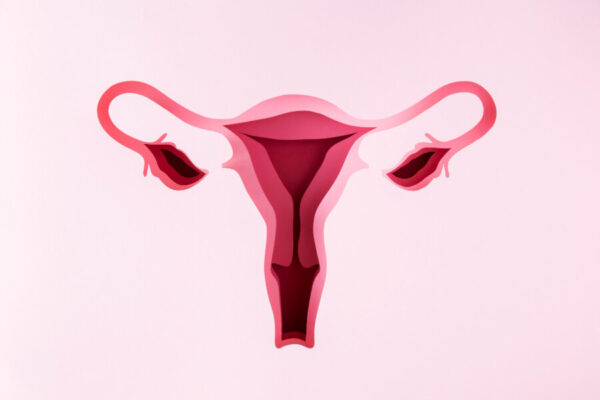Fitness & Wellness
Endometriosis: Genetics and Its Role In Disease Development
What are endometriosis symptoms & meaning of this condition?
Endometriosis is a disorder in which tissue that is identical to the endometrium that covers the uterus (womb) forms in other areas of the body, such as the fallopian tubes and ovaries. Endometriosis symptoms affect women in varying degrees of severity. Some women have minor symptoms that the illness can be left untreated, while others have more severe symptoms that necessitate surgical operations. Furthermore, the symptoms that women experience are not always consistent. Pelvic pain, pain before menstruation, difficult intercourse, severe menstrual cramps, infertility, heavy menstrual flow, and bladder pain are some of the main symptoms of endometriosis.
Am I at risk of developing endometriosis symptoms?
Endometriosis is caused by a variety of unknown factors. The environment, genetics, and lifestyle of a person are regarded to have a substantial impact on their development. It is also unknown to what extent each of these three things contributes. Age, family history, weight, and uterine anomalies are some risk factors that influence a person’s chances of having endometriosis.
My cousin suffers from it. Will I also suffer from it?

Endometriosis is passed on via families, but the exact pathways are unknown. According to research, a woman’s risk of developing endometriosis increases by 7-10 times if a first-degree relative (such as her mother or sister) has it. When one twin has endometriosis, studies show that the other twin has it in 75% to 88% of cases. Extensive research performed in Iceland indicated that a woman is 50% more likely to get endometriosis if a cousin has the disease. Women that have first-degree relatives that suffer from endometriosis are more likely to experience severe endometriosis manifestations than those who do not.
What are the genetics behind endometriosis?
In studies, endometriosis and the severity with which women experience it have also been linked to specific genes and chromosomes. Researchers from medical institutes in Australia, the United Kingdom, and the United States collaborated on a large genome-wide association study. It included 3,194 women with endometriosis and 7,060 women without the disease from the United Kingdom and Australia. Researchers studied 2,392 women from the United States, 2,271 with endometriosis and 2,392 without endometriosis. The study’s key findings imply that chromosome 7 mutations increase the risk of endometriosis in women. If a woman has one of the variants, she is more likely to develop endometriosis than women who do not. Another type, chromosome 7 variation, was discovered more frequently in women with severe types of endometriosis than in individuals who did not have endometriosis. Another major study from 2017 looked at data from over 200,000 women, including 17,045 who had endometriosis and 191,596 who didn’t. Endometriosis is connected to 18 gene variants, according to the study.
Can environmental factors alter genetic makeup?
Modifications to the genetic material that affect gene expression are known as epigenetic changes. The genetic sequence is not altered in any way with epigenetics. DNA methylation is an example of an epigenetic modification. It’s the procedure for adding a methyl group to a DNA molecule. Certain genes are prevented from being expressed adequately due to DNA methylation. DNA methylation is triggered by external chemicals, nutritional deficiencies, and social behaviour. These environmental influences can have long-term consequences on a person’s health or be handed down to children. The role of abnormal DNA methylation in the genesis of endometriosis has been investigated. According to one study, excessive methylation contributes considerably to the development of endometriosis by suppressing progesterone and aromatase genes (which is a prominent aspect of the disorder).
Will I be able to find out if I am at risk?
Currently, there is no genetic test that can indicate whether or not you will have endometriosis. Instead, most scientists and experts believe that endometriosis is a complex disease caused by a mix of genetic, environmental, and lifestyle factors. There’s no way to tell if you’re at risk for endometriosis right now. Endometriosis is usually linked to eating habits and exposure to chemicals, while there are no precise measures to lower your risk. As a result, eating well and avoiding pollutants as much as possible may be beneficial. Learn more about how our DNA test can help you. It’s considered the most advanced DNA test in Malaysia that we can provide, so we’d like to offer you our premium DNA test. You can take advantage of this offer and reap the benefits of getting a DNA test.


